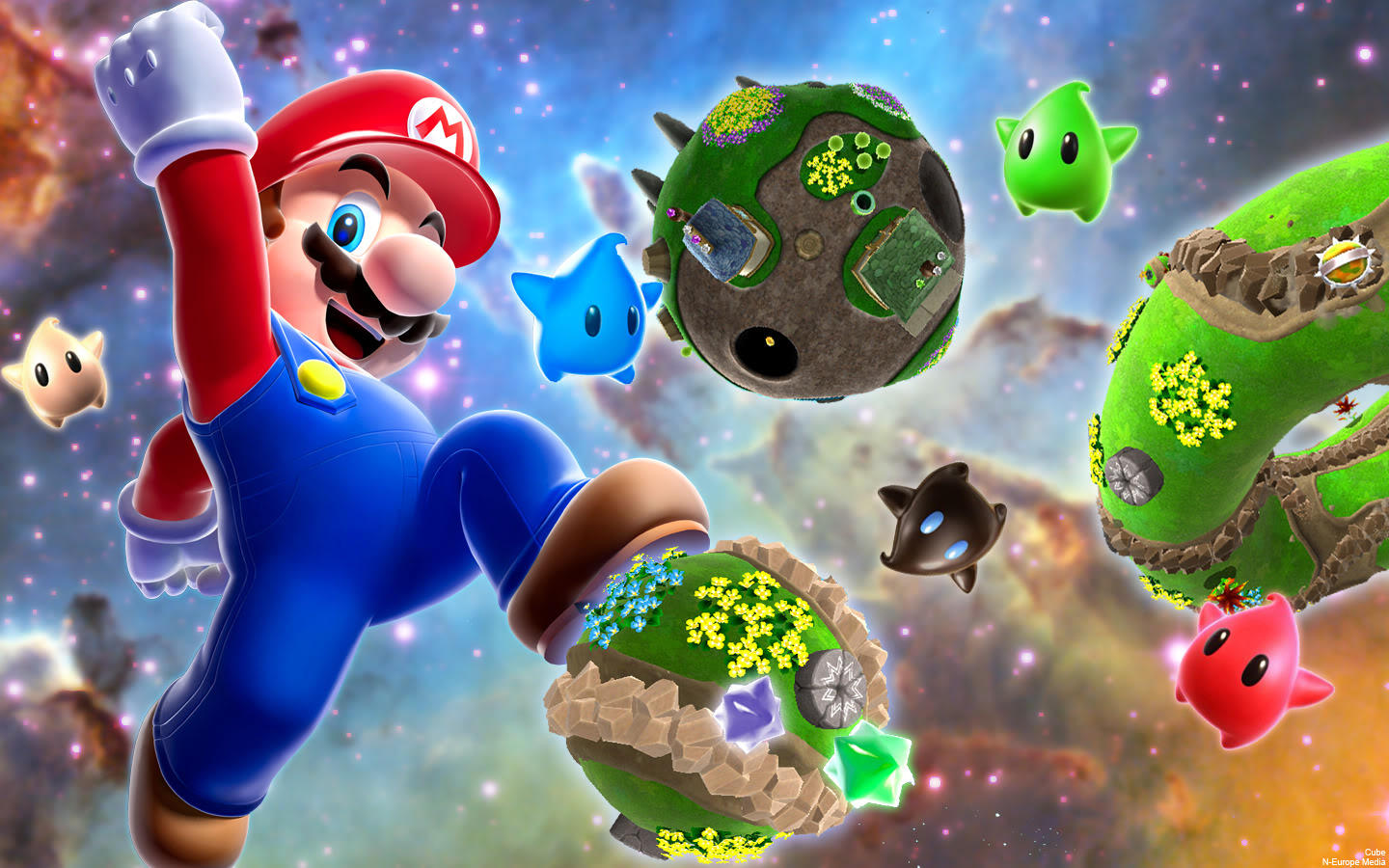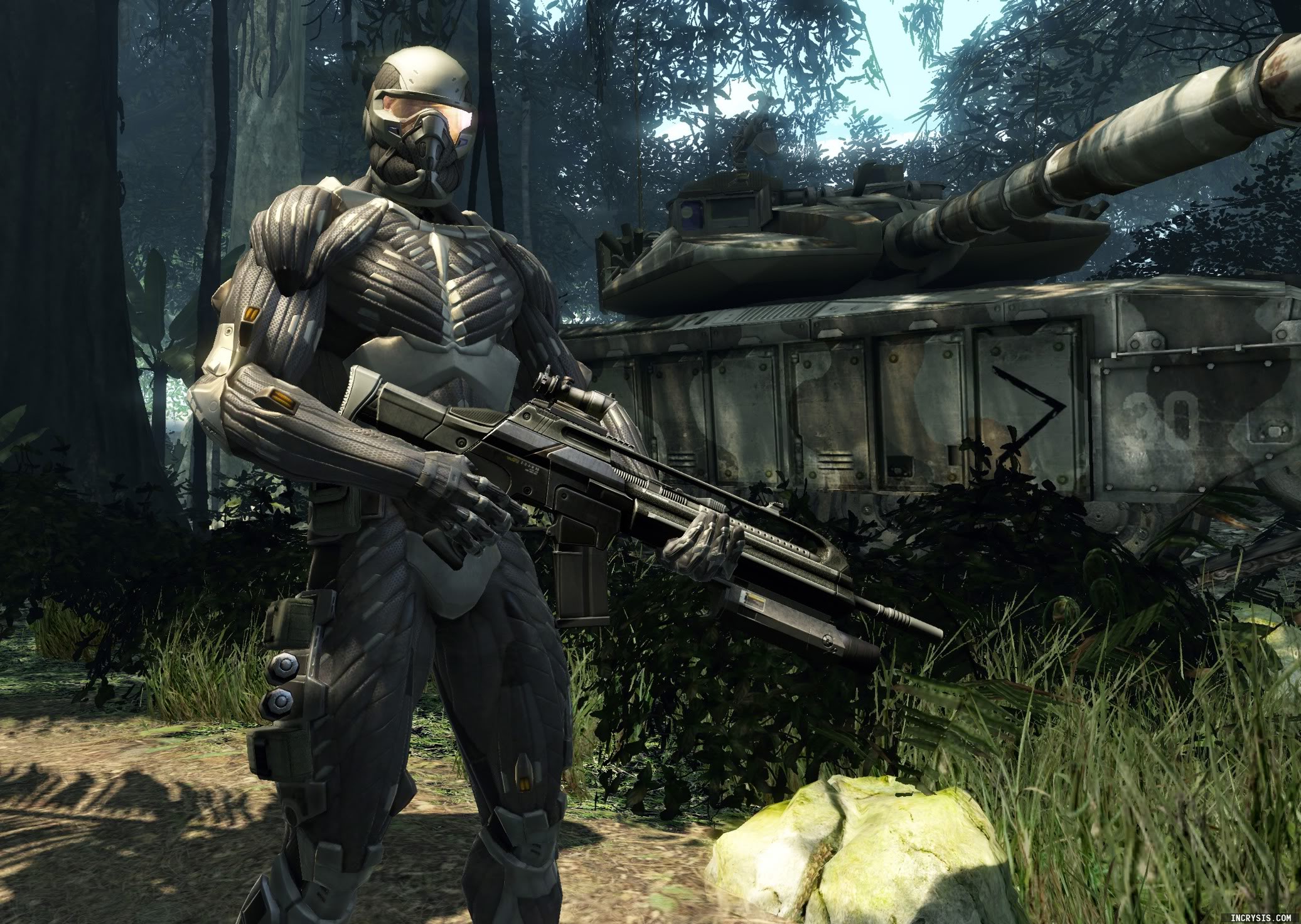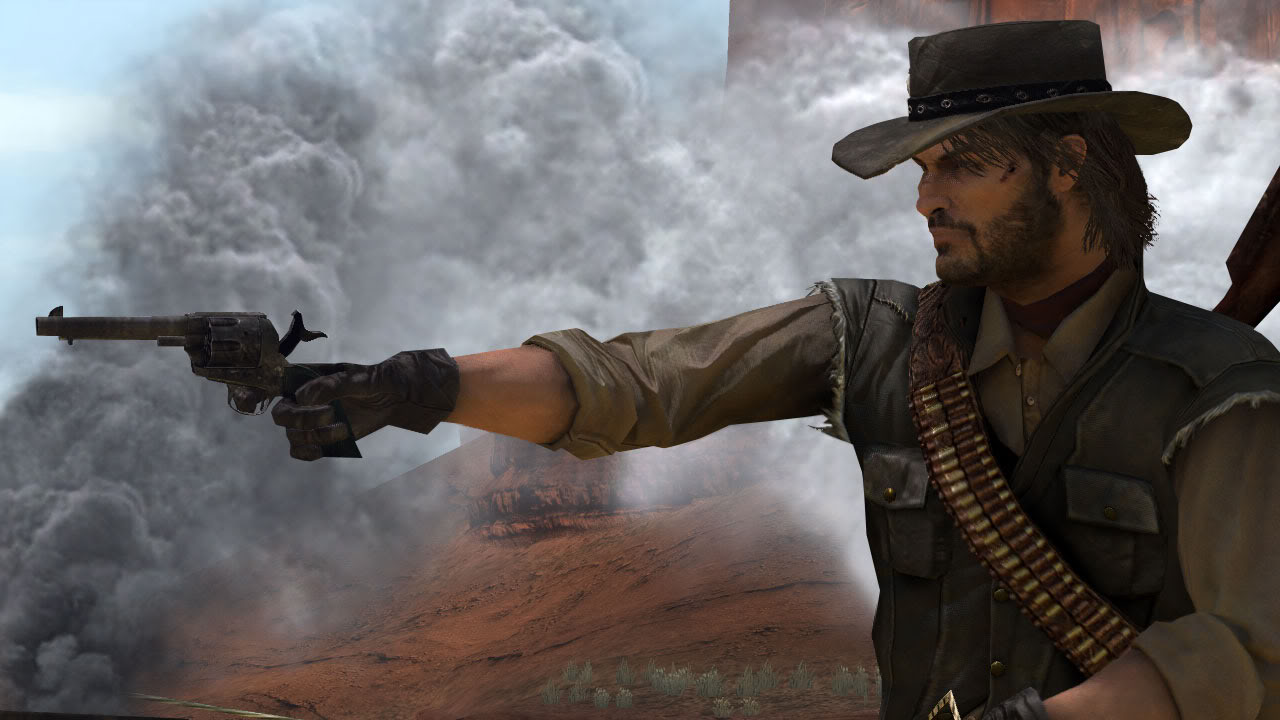This post has not been edited by the GamesBeat staff. Opinions by GamesBeat community writers do not necessarily reflect those of the staff.
Confession time: I stopped playing Super Mario Galaxy 2 when I hit 30 stars, right at the halfway mark. Don't get me wrong; it's a good game — great, even — if slightly identical to its predecessor. I loved its tactile nature, and the worlds balanced whimsy and threat perfectly…but ultimately I just wasn't feeling it.

Why can't I love you, destroyer of worlds?
And yet I've recently become obsessed with Curveball, a stupid little flash game that's basically 3D Pong with an exploding slider. Which got me thinking: What elevates a game above all others? What makes it a can't-stop, must-play experience?
Lots of things. In lots of ways. For lots of people.
We can define a good movie without even thinking about it. A good game? That's a tougher call, because the criteria can shift so easily.
For example, superior graphics are high on the list if you're salivating over Gears of War 3 or Crysis 2. Not so much if you want to bring the thunder in Rock Band 3. Scrolling jewel counters can only be so spectacular. But then, the graphics bar changes faster than any other element. Pitfall rocked the hell out of the Atari 2600; now it's got to look like Uncharted to get anybody's attention.
Unless you're Limbo.
Some games don't need destructable environments and particle effects. They stand on their own minimalist virtues, narrowing down to the pure arcade joys of tight controls and short-term goals. It's hard to pass up the charming simplicity of jumping platforms or hosing everything that moves. Hell, I'm still a proponent of the Robotron 2084 dual-analog-shooter model as the perfect control scheme.

Beauty is only nanosuit armor deep.
Past my well-documented control map obsessions, I'm also a big advocate of the importance of story in gaming. Look at our terminology…we don't "win" games anymore, we "beat" them, and the conclusion is our reward. I've written entire articles on how Shadow of the Colossus elevated storytelling in games, and I'd cheerfully add Limbo's wordless allegory as further evidence that we're moving past the "play to the next cutscene" mentality. Like BioShock, the game itself and everything you do in it creates the story as you go.
Of course, a lot of gamers skip right past that stuff, maybe because so many games tell fairly lame stories. I personally lost interest in Red Dead Redemption once protagonist John Marston and his acerbic wit left the stage. His replacement didn't carry the same narrative weight.
Good thing some games let us make our own fun. Linear designs have their appeal, but there's something special about the freedom to make our own choices, roaming an entire city at will and stealing everything in sight. Or not. Grand Theft Auto taught us how to enjoy a game without progressing the story, fulfilling missions, or basically doing anything a normal game demands. Meanwhile, RPGs like Mass Effect allow us to alter our virtual destinies with every decision we make.
That taps an element of fantasy fulfillment you don't always find in Checkers. We want to be the hero, or the anti-hero. We want to do interesting things in interesting ways.

Good? Bad? I'm the guy with the gun.
I also like a more experimental edge. After playing Disaffected, a life-sucking Kinko's employee sim from Persuasive Games, you'll never even consider dropping a resume off at your local copy shop. Is it fun? Say instead it's morbidly involving and has mood down pat. But maybe "fun" isn't the baseline requirement it used to be. I wouldn't call Chess a barrel of laughs so much as an engrossing battle of wits.
So for me, the real test is this: How does it make you feel?
If you don't feel proud, smart, entertained, enlightened, exhilarated, vindicated, engaged on multiple levels, your competitive streak satisfied and/or your time well spent, then stop playing that worthless piece of crap right now. Move on to something better. Trust me, better is out there.
The games we're playing and the way we're playing them has dramatically changed over the years. So has our definition of fun. We commit so much to our games now — time, attention, money, effort — it's vital we get more back from them. More and more, we are. Whatever you're looking for, when you experience it in a video game, the moment sticks with you forever.
And that's the best game ever.
